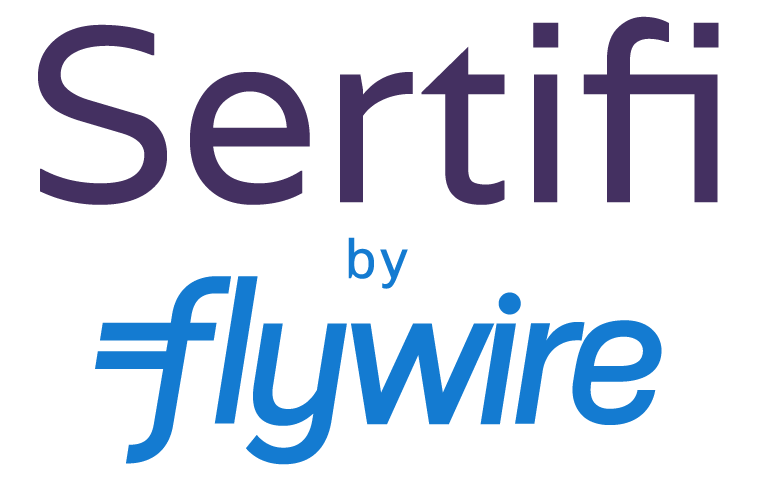Top 13 Best Practices to Reduce Hotel Chargeback Disputes
According to Cybersource, a Visa company, merchants estimate they spend (USD) $35 to manage friendly fraud for every $100 they face in disputes. Chargebacks can also stem from both fraudsters and guests, further increasing your risk. Proactively preparing for both sides is essential to protect your revenue and reputation.
To help you get started, we've compiled our top best practices to reduce chargebacks and win disputes. With almost a decade at Elavon, I've seen firsthand how following these practices can significantly improve your bottom line.
Stop Key-Entering Transactions
Manually entering card details into the PMS leads to interchange downgrades and increased declines due to fraud concerns from card issuers. This is particularly prevalent for events with high-value transactions, as it can result in higher fees, lost sales, and significant collection efforts that impact your business.
Enable 3-D Secure
3DS ensures a seamless payment experience by only requiring additional verification for high-risk transactions, showing your commitment to protecting customers from fraudulent transactions. It also shifts fraud liability from the merchant to the cardholder and issuing bank.
Enable Address Verification Services (AVS)
AVS helps prevent fraud and chargebacks by verifying the postal code and billing street address against the card issuer's records. For U.S. merchants, providing the AVS postal code is crucial to avoid Interchange (IC) downgrades on card-not-present transactions.
Require CVV with Online Payments
Fraudsters may obtain card numbers but often lack the correct CVV. Since businesses cannot store CVV data, it's unlikely for fraudsters to acquire it through data breaches. Set a rule or manually review or decline payments that fail the CVC verification check.
Create Clear Billing Descriptor
When customers can easily identify transactions on their account statements, they're less likely to suspect fraud and file chargebacks. Make sure your billing descriptors are clear and known to your customers.
Disable ACH Pre-Payments 7 Days Before Event
Disabling ACH pre-payments seven days prior to the event can help reduce the risk of non-sufficient funds.
Link All Payment Requests to the Contract
Adopt an Advance Deposit Policy and charge a minimum or full anticipated amount immediately. By linking the terms and conditions to the contract and payment, it becomes easier to defend against chargebacks. Additionally, if the card is stolen, this action may prompt the true cardholder to limit their losses quickly.
Follow Up with Your Customer
Clear and frequent contact with your customers can help prevent many of the reasons for disputes. Your customers will be far less likely to take the time to dispute a payment when they feel valued and thanked for their business. If you do receive a chargeback, the most effective way to proceed is to work directly with your customer to resolve the issue. If you’re able to satisfy the customer, ask them to reach out to their card issuer and withdraw the dispute.
Create Clear Policies and Invoices
To reduce disputes, present clearly stated Terms and Conditions to customers. It's crucial to communicate policies regarding cancellation, refunds, no-show fees, and additional costs, such as room service, mini-bar charges, and especially fees for damage or cleaning during the booking process. Routinely review your existing policies, update them accordingly, and make sure updates are made anywhere your customers have access to existing policies.
Most importantly, per Card Brand Guidelines for ecommerce merchants, the Terms and Conditions and Refund policies must be properly disclosed and should be near the submit button to pay.
Early Fraud Warnings (EFWs)
Early fraud warnings are notices sourced from Visa TC40 reports and Mastercard SAFE (System to Avoid Fraud Effectively) reports that card issuers on these two networks generate to flag payments they suspect might be fraudulent. Contact your customer to determine if they have initiated an inquiry or dispute that can be resolved before it becomes a real dispute.
Be Careful When Charging Credential on File
Do not clone cards or ACH without a contract or authorization form that has clear Terms and Conditions. These Merchant Initiated Transactions (MIT) are declined frequently and are harder to defend against chargebacks.
Make Refunds Easy for Your Customers
Allow customers to request refunds easily at checkout and post-stay. Respond promptly and reasonably to their feedback, as salvaging a portion of the payment is often better than losing the entire amount. By addressing issues promptly, you might appease them with a partial refund or future discounts.
Refund Original Payment Card
Requesting a refund on a different card is a red flag indicating potential fraud, as the cardholder might initiate a chargeback on the original card to gain a free stay and additional cash. Refunding to a different card should be approached cautiously, as it's a common tactic used by fraudsters. Generally, the card-issuing bank won't approve a refund if the cardholder's account is closed. If a refund is declined, hotels should follow their standard operating procedures and guidelines.
Implementing all of these best practices may seem daunting, but with the right vendor it doesn’t have to be.
Sertifi’s the only hospitality-tailored payments vendor to offer complete chargeback support. Not only do we help you set up your workflows up for success; if you’re using SertifiPay for processing, we’ll also help you prepare and submit a chargeback rebuttal on your behalf. Let’s chat about how we can help you earn and retain your revenue with ease.
RECOMMENDED BLOG POST
Everything You Need to Prepare Your Chargeback Defense
Chargebacks are inevitable in the hospitality industry and can be costly and time-consuming. But thanks to solutions like Sertifi, you can catch customer disputes before your business is affected. All that’s left is to defend your position and respond, but time is of the essence. We’re sharing some guidelines to help you quickly handle disputes to protect your bottom line.














